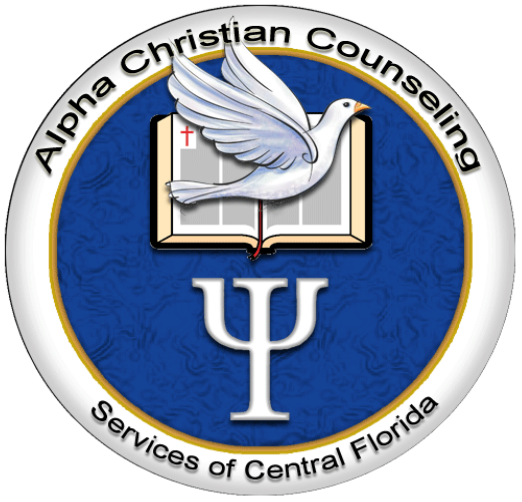s a general rule, both Christian counseling and secular counseling share the same desire to help people overcome their problems, find meaning and joy in life, and become healthy and well-adjusted individuals, both mentally and emotionally. Most counselors have graduate degrees and have spent years learning their craft.
The word “counseling” can have multiple meanings, including offering advice and encouragement, sharing wisdom and skills, setting goals, resolving conflict, etc. Counselors usually probe the past (whether the problem happened a week ago or during childhood) in an attempt to repair the present. Sometimes they explore possible affects of physical and chemical imbalances that can cause physiological problems. A major part of counseling is resolving and restoring conflicts between people.
Christian Counseling – The Foundation
Christian counseling is distinct from secular counseling. Christian counseling rises to another dimension. “In contrast to psychologically-integrated systems, Biblical counseling seeks to carefully discover those areas in which a Christian may be disobedient to the principles and commands of Scripture and to help him learn how to lovingly submit to God’s will,” reports the International Association of Biblical Counselors.
Christian counselors are able to do that because they have an absolute standard by which to measure their objectives and evaluate their counselee’s lifestyle. They see the Bible as the source of all truth. 2 Timothy 3:16-17 says, “All Scripture is God-breathed and is useful for teaching, rebuking, correcting and training in righteousness, so that the man of God may be thoroughly equipped for every good work.” The secular counselor has no such standard, but instead, they use the latest psychological findings or societal norm, both of which change with the winds of time. Therefore, a secular counselor has no absolutes with which to judge morals and the choices people make. Christian counselors understand that the Bible has a lot of practical wisdom about human nature, marriage and family, human suffering, and so much more. By using biblical concepts in counseling, they can instruct people in the way they should go and also hold them accountable. Psalm 119:24 says, “Your statutes are my delight; they are my counselors.”
Although Christian counselors often use skills from the field of secular psychology and counseling, they recognize that the Bible, not psychology, is the final authority. “His divine power has given us everything we need for life and godliness through our knowledge of him who called us by his own glory and goodness” (2 Peter 1:3). A Christian counselor’s major strategy is to help their clients substitute biblical truth for error as they go about their day-to-day lives. They know that the truth, when known, believed, and obeyed, sets people free. When people are set free, they are fulfilling their true calling. “Then you will know the truth, and the truth will set you free” (John 8:32).
Christian Counseling – A Personal Story
Listen to the following testimony from someone who benefited from Christian counseling services, “My wife and I have found Christian counseling very valuable. We have enjoyed over thirty years of marriage together and are blessed with three children. Nevertheless, we have required ‘marital realignments’ from time to time. We have used the wealth of wisdom and sound judgment given to us by our Christian counselor to enhance our marriage. The counseling tools he provides has served us well as we continue to face life challenges together.”
“For the word of God is living and active. Sharper than any double-edged sword, it penetrates even to dividing soul and spirit, joints and marrow; it judges the thoughts and attitudes of the heart” (Hebrews 4:12).


